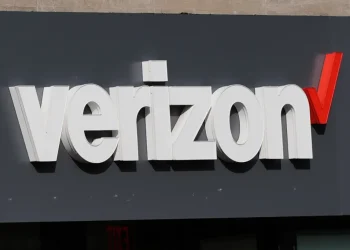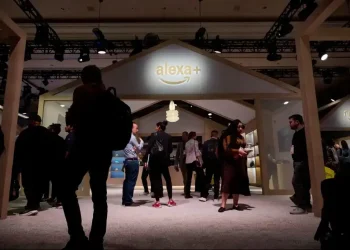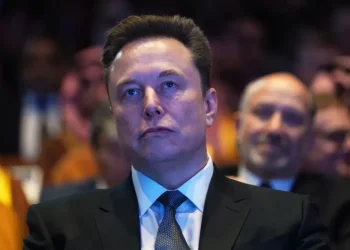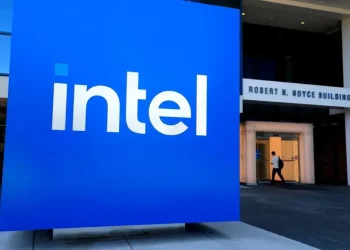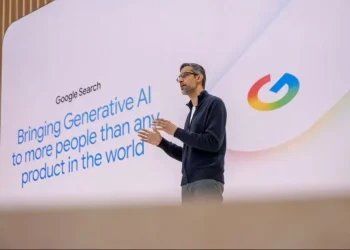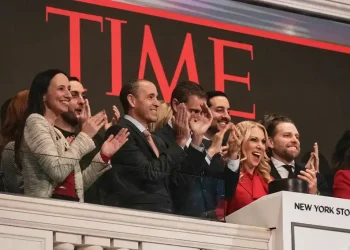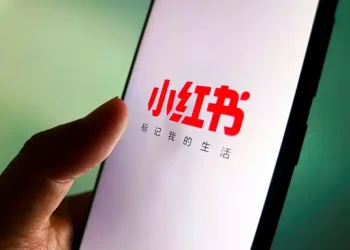Why This Top AI CEO Is Warning of a Looming Job Crisis
The head of one of the world’s leading AI companies has issued a stark warning: artificial intelligence could trigger a surge in unemployment that we’re not prepared for.
Dario Amodei, CEO of Anthropic, told CNN’s Anderson Cooper that AI is rapidly surpassing humans at nearly every intellectual task. “We’re going to collectively, as a society, grapple with it,” Amodei said. “AI is going to get better at what everyone does — including CEOs like me.”
How bad could it get? Amodei predicts that AI could wipe out half of all entry-level white-collar jobs, pushing unemployment in the U.S. as high as 20% within the next five years. For context, the last time unemployment neared that level was during the peak of the COVID-19 pandemic.
This isn’t just a casual forecast — it’s a warning from someone at the forefront of the AI revolution. And it comes as Anthropic unveils AI technology designed to work nearly a full human workday on complex tasks, with minimal supervision.
Why This Matters: White-Collar Jobs at Risk
Historically, technology has tended to replace low-skilled jobs, with the idea that displaced workers could retrain for better-paying roles. But Amodei’s warning flips that script: AI might soon replace specialized, highly educated professionals — people who’ve invested years in training and schooling. And retraining at that level may not be easy or even possible on a large scale.
He even suggests that governments consider taxing AI companies to help offset the societal impacts. “If AI creates huge total wealth, a lot of that will, by default, go to the AI companies and less to ordinary people,” Amodei said. “It’s not in my economic interest to say that, but I think this is something we should consider — and it shouldn’t be a partisan issue.”
Jobs in the Crosshairs: Who’s Most Vulnerable?
From paralegals to payroll clerks, financial advisers to software coders, many white-collar roles could face major upheaval. Meta CEO Mark Zuckerberg recently predicted that AI will write half of Facebook’s code within a year, and Microsoft’s Satya Nadella said AI already writes about 30% of Microsoft’s code.
Amodei shared that about 40% of people using Anthropic’s AI are employing it to fully automate jobs, while 60% use it to augment their work — and the automation number is growing. Just last week, Anthropic launched an AI model that can work independently for nearly seven hours straight.
A Rapid, Unprecedented Shift
What sets this AI revolution apart is its speed and scope. Amodei warns this wave of change is “faster, broader, harder to adapt to” than previous technological shifts. Most people don’t realize how quickly AI is evolving.
While some experts believe AI will mostly automate tasks rather than entire jobs, and others think the pace may slow as AI runs out of training data, there’s broad agreement on one thing: it’s time to start planning for AI’s economic impact.
University of Virginia economist Anton Korinek put it plainly: “Historically, the economy has created new jobs to replace old ones. But intelligent machines might be able to do those new jobs, too — and faster than humans.”
The Silver Lining: AI’s Potential to Help Humanity
Amodei isn’t sounding the alarm just to scare people. He believes AI can help solve major challenges — from curing diseases to advancing human knowledge. “I wouldn’t be building this technology if I didn’t think it could make the world better,” he said.
His warnings also build his reputation as a responsible leader who wants to steer AI development carefully, amid growing public and governmental scrutiny. Tech futurist Tracey Follows explained, “By raising these concerns now, Amodei is being transparent. If AI causes major disruption in the next five years, Anthropic can say they warned us.”
What’s Next? Facing the AI Future Together
Amodei told Cooper he’s “raising the alarm” because others in the industry haven’t been as vocal. “I don’t think we can stop this bus,” he said. “But I hope to steer the technology so we’re aware of and address the harms — while still unlocking the benefits.”
The AI revolution is already here — and it’s changing how we work faster than most of us realize. The question now is how society, business leaders, and policymakers will respond before the economic shockwaves hit.
This article was rewritten by JournosNews.com based on verified reporting from trusted sources. The content has been independently reviewed, fact-checked, and edited for accuracy, neutrality, tone, and global readability in accordance with Google News and AdSense standards.
All opinions, quotes, or statements from contributors, experts, or sourced organizations do not necessarily reflect the views of JournosNews.com. JournosNews.com maintains full editorial independence from any external funders, sponsors, or organizations.
Stay informed with JournosNews.com — your trusted source for verified global reporting and in-depth analysis. Follow us on Google News, BlueSky, and X for real-time updates.


